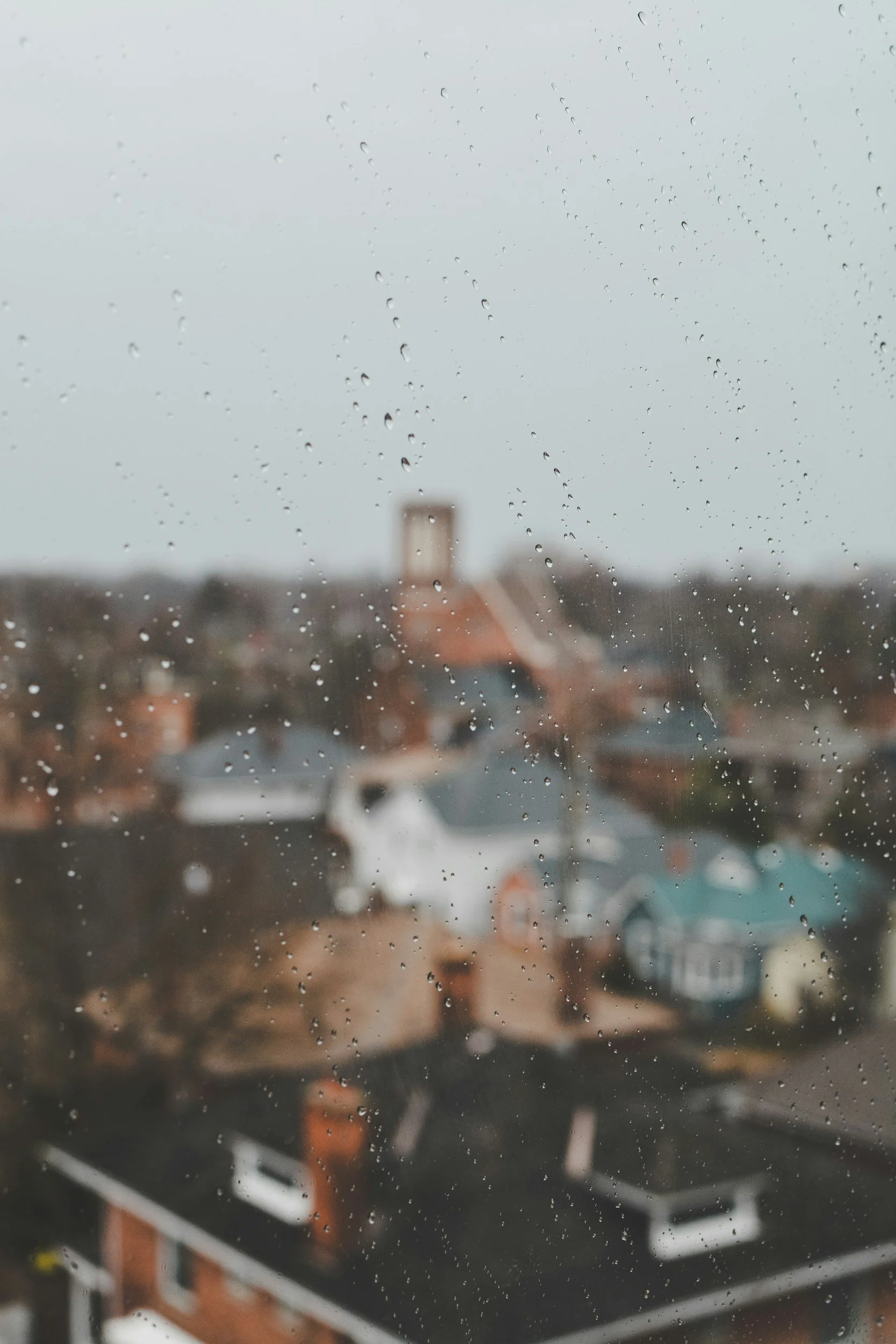Why Inspecting in the Rain Is Actually a Good Thing
Most buyers panic when they see rain in the forecast on inspection day. But here’s the truth: rain is one of the best tools an inspector can have. At Elevate Inspections, we actually welcome a wet inspection day because it reveals issues that sunny weather loves to hide.
Here’s why inspecting in the rain is not only safe—but incredibly valuable for buyers and investors.
1. Rain Exposes Active Roof Leaks Instantly
A dry day can hide a roof leak for months. Rain puts every weak spot to the test.
Rain helps us identify:
Dripping or saturated attic insulation
Failed flashing or roof penetrations
Ponding on flat roofs
Improper drainage
Leaks around skylights or vents
These are issues you want to know about before you close—not in the middle of your first storm as a homeowner.
2. It Reveals Drainage & Grading Problems
Improper drainage is one of the biggest contributors to foundation damage and moisture intrusion.
During rain, we can easily spot:
Water pooling near the home
Negative grading (soil sloping toward the house)
Gutters overflowing or misaligned
Downspouts draining too close to the foundation
Standing water around patios, sidewalks, or driveways
These are red flags that won’t always show up on a sunny afternoon.
3. Rain Shows How Well the Home Is Sealed
Moisture always finds the weak spots—and rain makes it very clear where those spots are.
During a rain inspection, we may detect:
Water intrusion around doors or windows
Wet spots on walls or ceilings
Leaking around chimneys
Failed weatherstripping
Gaps in siding or exterior trim
If the home struggles to keep water out, you will definitely want that information upfront.
4. It Tests Exterior Systems in Real Time
Certain components can only be fully evaluated when they’re actively dealing with water.
Rain helps us inspect:
Gutters and downspout performance
Roof drainage systems
Terraces, decks, and balconies
Waterproofing on stucco or siding
French drains and sump pumps (if present)
Seeing these systems under stress is incredibly valuable.
5. It Gives You a More Honest Inspection Report
Some defects can be speculative on a dry day:
“Stains appear old.”
“Possible leak.”
“Monitor during next rainfall.”
But when it’s raining:
We don’t have to guess—we can confirm.
When issues are active and visible, your inspection report becomes clearer, more accurate, and more actionable.
6. It Helps You Negotiate Repairs or Price Adjustments
If the rain reveals active leaks, drainage issues, or moisture intrusion, you now have real leverage.
Buyers often negotiate:
Roof repairs
Roofing credits
Exterior sealing or caulking
Gutter replacements
Drainage improvements
Foundation evaluations
A rainy inspection can save you thousands.
7. Rain Doesn’t Stop a Professional Inspection
At Elevate Inspections, we’re prepared for all weather conditions—rain included.
We bring:
Waterproof gear
Thermal imaging tools
Moisture meters
Specialized equipment for wet conditions
Your safety and the quality of our inspection always come first, and light-to-moderate rain does not impact our ability to perform a thorough evaluation.
Final Thoughts: A Little Rain Goes a Long Way
While many clients worry about rain on inspection day, it often works in your favor. Wet weather exposes problems that sunny days hide—giving you a clearer picture of the home’s true condition.
At Elevate Inspections, we’re committed to going above and beyond, rain or shine, to help you make informed decisions.
Taking inspections to new heights. Exceeding your expectations—every time.


